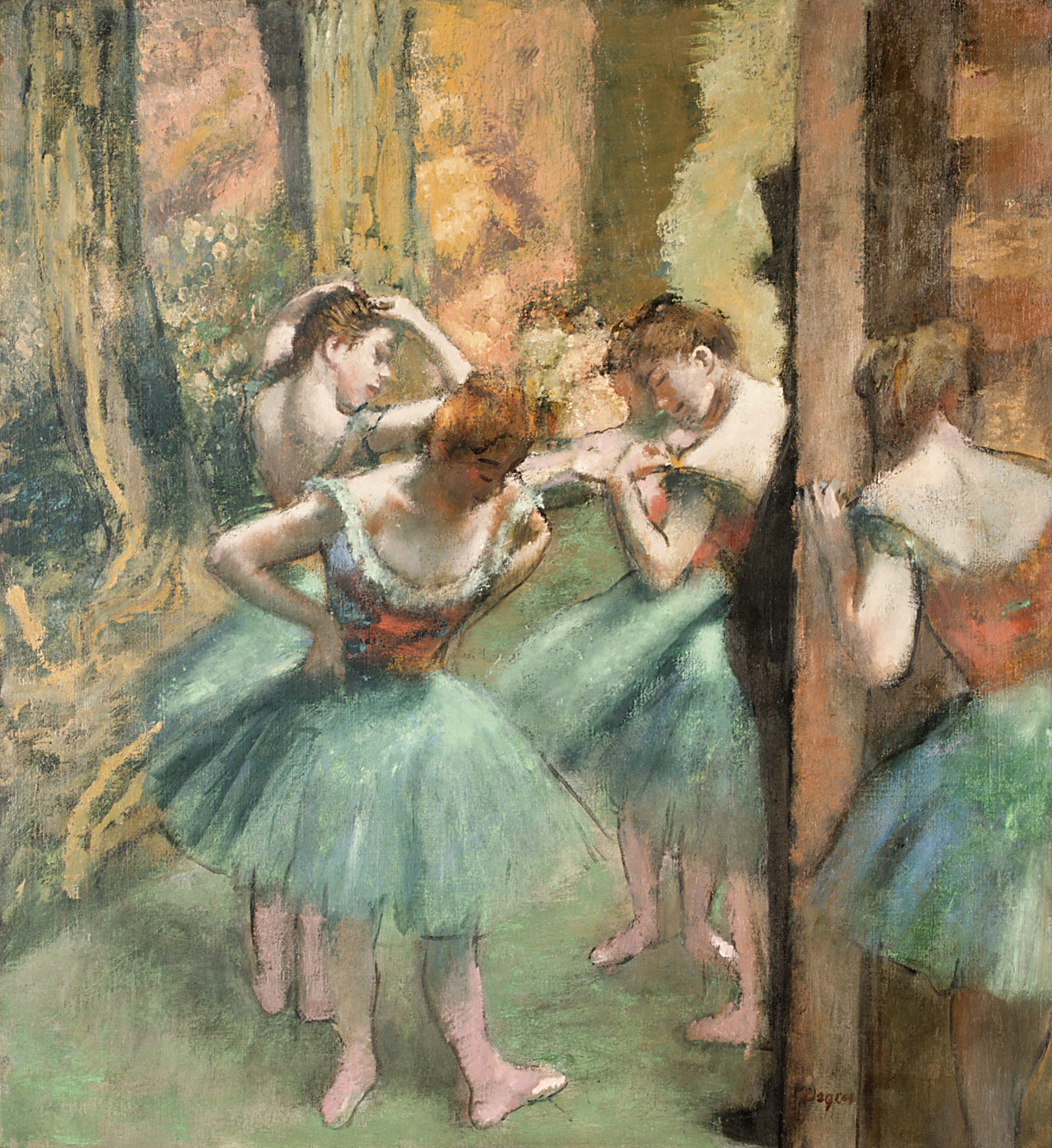An Overview of Chapter 1

(Tejedor, A.B. (2017). https://unsplash.com/photos/yH18lOSaZVQ)
"Humanity will not only survive , it will prevail"- William Faulkner
As described in the text ,Humanities has been with us for centuries. Disciplines, or given art forms, has extended beyond it's previous meaning as just being the study of great minds and there accomplishments. Humanities as a whole extends the idea of achievements of humans and is more of the study of being human itself. This includes the critical thought on the simplicity of life and our interactions with art, literature, music, expression, etc. To sum it up in the words of the passage Humanities can also be considered as the"...study of those achievements and the critical process by which professional critics and scholars interpret and then communicate their findings to others so they will not be forgotten" ( Janero & Altshuler, 2011, p. 4). With the quote above by William Faulkner , the meaning of his statement that I can infer is that humanity in a whole does not just die out in their ideas but instead expand on it through evolution and carry these ideas that get challenged and adapt with time.

Edgar Degas's Dancers, Pink and Green (1929)

Edgar Degas's Dancers, Pink and Green (1929)
"The best art always seems effortless" - Stephen Sondheim
How we as humans appreciate our humanities is with our senses. Sight, touch, taste, and hearing are our senses that are set off while exercising humanities. These humanities can give us pleasantries in our own life. They differ from economic wants and needs of people because with Humanities, the resources are unlimited. As it states in the text, " The resources of the humanities are unlimited , but all too often our wants are meager" ( Janero &Altshuler, 2011, p.5) . Basically this means that although how we try to express ourselves with forms of art that is unlimited, our material need and financial status is not a guaranteed unlimited in life itself.
Beauty is one gift of humanities that brings humans pleasure whether it be from physical look , thing, place, music, etc. An example given to us through the text is the Mona Lisa where it is said to be considered " a beautiful work of art " ( Janero & Altshuler, 2011, p. 5). It was due to it's beauty that it was able to prevail and stay relevant to critics and media throughout centuries.
Beautiful movement in others can bring about a feeling of inspiration into people and be considered aesthetically pleasing.This aesthetic pleasure can resonate in others when doing the same movement themselves. An example in the text for this is the french artist Edgar Degas, who "loved to paint dancers" ( Janero & Altshuler, 2011, p. 8).With his paintings he showed off snippets of dancing that can resonate the feeling of aesthetic pleasure to its viewers as it did for him.With the quote above from Stephen Sondheim, can be comparative to how Degas went about doing his work being inspired by other forms of humanities.
Language allows us to articulate ideas and is what we use to interact with others. This ideal shows the most with children who are learning word s but, as the text says, "Unfortunately, the insatiable need to add to and replenish our vocabulary does not always stay with us"( Janero & Altshuler,2011, p. 9). For those that do search out the knowledge of language is granted that can open up new interactions and ways to bring about critical thinking to others through words.
Words is what creates ideas.Although intuitions can allow for understanding the deeper meanings for certain humanities but not necessarily for formulating ideas.
Beauty is one gift of humanities that brings humans pleasure whether it be from physical look , thing, place, music, etc. An example given to us through the text is the Mona Lisa where it is said to be considered " a beautiful work of art " ( Janero & Altshuler, 2011, p. 5). It was due to it's beauty that it was able to prevail and stay relevant to critics and media throughout centuries.
Beautiful movement in others can bring about a feeling of inspiration into people and be considered aesthetically pleasing.This aesthetic pleasure can resonate in others when doing the same movement themselves. An example in the text for this is the french artist Edgar Degas, who "loved to paint dancers" ( Janero & Altshuler, 2011, p. 8).With his paintings he showed off snippets of dancing that can resonate the feeling of aesthetic pleasure to its viewers as it did for him.With the quote above from Stephen Sondheim, can be comparative to how Degas went about doing his work being inspired by other forms of humanities.
Language allows us to articulate ideas and is what we use to interact with others. This ideal shows the most with children who are learning word s but, as the text says, "Unfortunately, the insatiable need to add to and replenish our vocabulary does not always stay with us"( Janero & Altshuler,2011, p. 9). For those that do search out the knowledge of language is granted that can open up new interactions and ways to bring about critical thinking to others through words.
Words is what creates ideas.Although intuitions can allow for understanding the deeper meanings for certain humanities but not necessarily for formulating ideas.
"The future is not some place we are going to, but one we are creating"-Deborah James
With humanities, we can get a deeper sense of how the past worked and fully appreciate it leading up to our current present. As it states in the text "...having profound respect for today and a wider version of tomorrow does not mean that we ought to ignore what can be justly celebrated from yesterday." (Janero & Altshuler, 2011, p. 13) . Basically what I'm trying to articulate is that even though the past is the past, it still holds up today and should be appreciated for building our today with it's humanities and despite it's tragedies. The quote above by James fully understands this sentiment and talks about how ,even now , we have no end goal for our ideas and creations as humans, but sort of a legacy that continues on in generations with these humanities. With being able to understand the past and fully understand humanities, some from the past one can be called an infinite person. Another definition for an Infinite person is someone who is participant in a wide range of interests and achievements. An example of this in the text was Leonardo Da Vinci who participated in many interests and achieved a lot for his lifetime. This "Infinite Person" is also criminally free against humans, Open minded, has a good capacity of critical thinking.
In conclusion , this section focused on the meanings of humanities and the forms they can come in
to humans. It articulated this to readers by giving us examples of people that exercised these
humanities and achieved greatness through their own appreciations.
Helpfull!
ReplyDelete